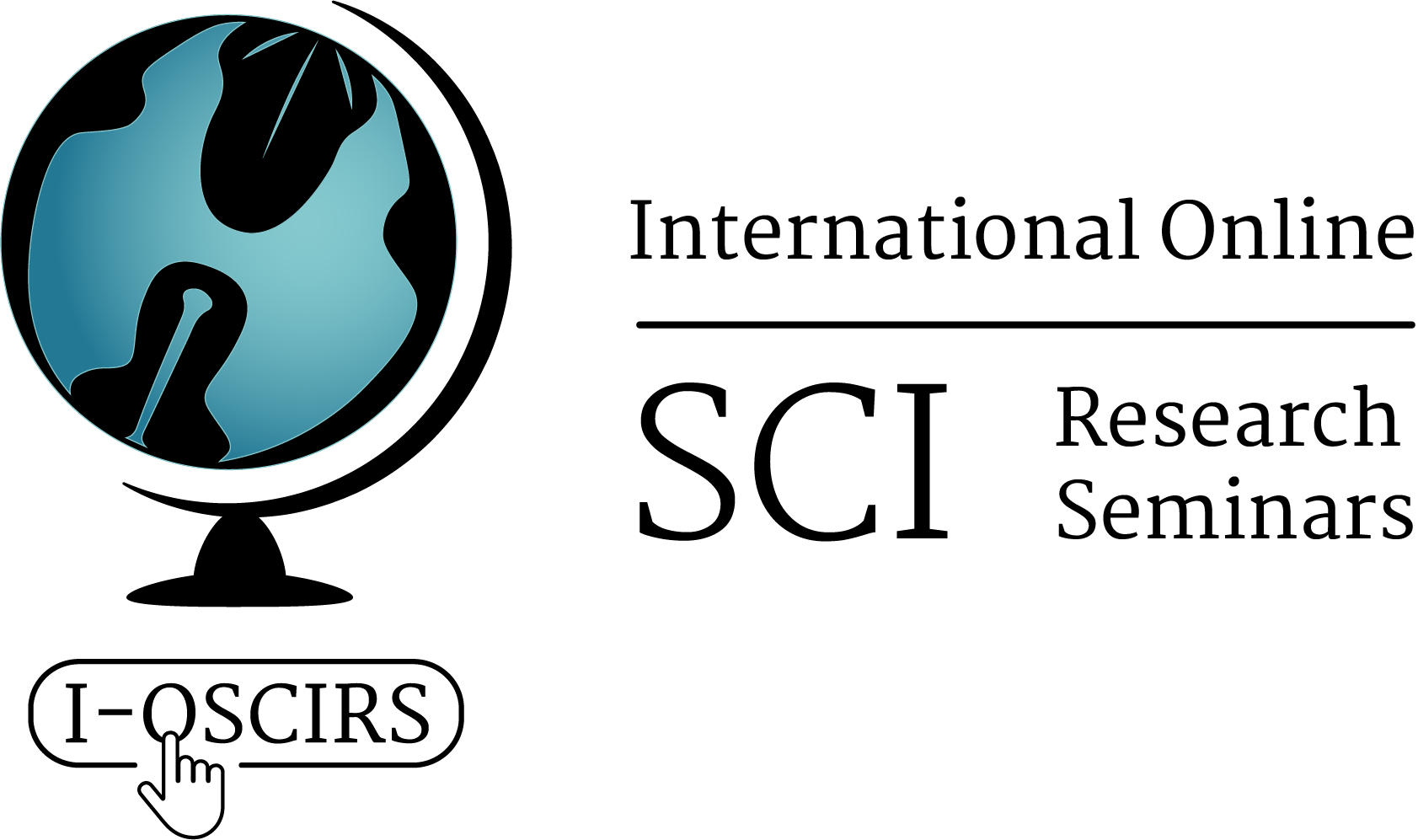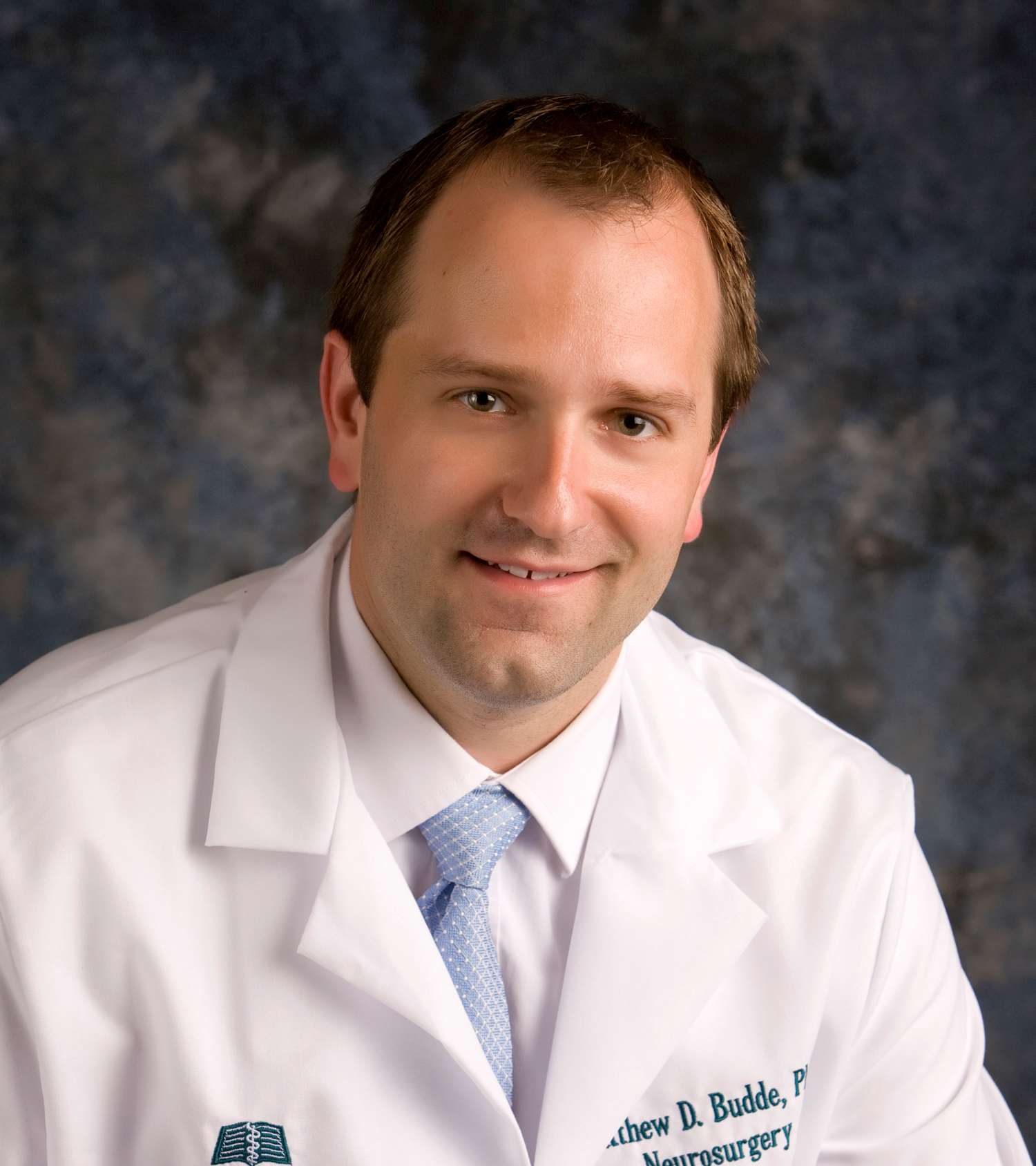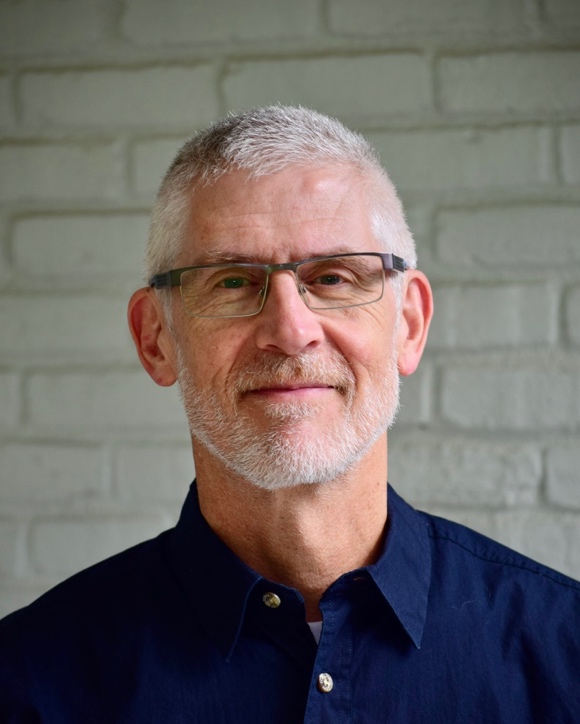Leaving Community
Are you sure you want to leave this community? Leaving the community will revoke any permissions you have been granted in this community.

Below is a list and description of upcoming webinars. Webinars are recorded and will be posted to our YouTube Channel after the presentation. Subscribe to our mailing list to receive announcements on upcoming webinar presentations.
-
Dr. Kajana Satkunendrarajah - Sensory cortical control of movement
Start: June 9, 2020 End: June 9, 2020Moderated by: Dr. Casey Steadman, Duke University

Dr. Kajana Satkunendrarajah is an Assistant Professor of Neurosurgery and Physiology and a member of MCW’s Neuroscience Research Center. She received her PhD from The School of Medicine at Wayne State University and completed a postdoctoral fellowship at the Krembil Research Institute in Toronto, Canada.
Rhythmic motor behaviors such as breathing and locomotion are controlled by highly complex neural systems and allow an organism to sustain life and interact with the surroundings. These behaviors are generated and regulated by a specific network of neurons within the CNS. These networks are often disrupted following injury to the central nervous system, threatening the individual’s survival and quality of life.
Dr. Satkunendrarajah’s research program is focused on elucidating the anatomy, function, and plasticity of neural networks controlling motor behavior in health and disease. Her research on motor control and spinal cord injury combines fundamental neuroscience, respiratory, and locomotor physiology, as well as preclinical neural circuit manipulation using cutting-edge viral techniques, optogenetics, and pharmacogenetics in transgenic mice. The overall aim of her research program is to further understand the neural control of motor behavior and to use this knowledge to develop new therapies that enhance motor recovery after spinal cord and brain injury. Ultimately, translation of these approaches to patients with spinal cord and brain injury is the primary goal.
Please visit this link for more info: https://www.mcw.edu/departments/neurosurgery/faculty/kajana-satkunendrarajah-phd
-
Dr. Matthew Budde - Developing and Translating Advanced MRRI Methods in Spinal Cord Injury
Start: June 23, 2020 End: June 23, 2020Moderated by: Dr. Anupama Sathyamurthy

Dr. Matthew Budde is an Associate Professor of Neurosurgery at the Medical College of Wisconsin. He received his PhD in Neuroscience from Washington University in St. Louis in 2008. He completed his postdoctoral training at the National Institutes of Health in Bethesda, MD and was a recipient of the Fellows Award for Research Excellence in 2011.
Dr. Budde’s primary research interest is to develop and employ magnetic resonance imaging techniques to diagnosis and monitor injuries and diseases of the central nervous system. He has made significant contributions to the field and has over 20 peer-reviewed publications. He is an active member and Junior Fellow of the International Society for Magnetic Resonance in Medicine and a member of the Society for Neuroscience.
View more here: https://www.mcw.edu/departments/neurosurgery/faculty/matthew-d-budde-phd
-
Dr. Ona Bloom - Immunological Changes after Traumatic Spinal Cord Injury
Start: June 30, 2020 End: June 30, 2020Moderated by: Dr. Faith Brennan, The Ohio State University

Dr. Ona Bloom is director of the Laboratory of Spinal Cord Injury Research and a professor at the Feinstein Institutes for Medical Research. She is jointly appointed as professor of Physical Medicine & Rehabilitation and of Molecular Medicine at the Donald and Barbara Zucker School of Medicine at Hofstra/Northwell. Dr. Bloom also serves as the Director of Research for the Department of Physical Medicine and Rehabilitation.
Prior to joining Northwell Health, Dr. Bloom performed her postdoctoral studies and served as an associate research scientist in the Departments of Cell Biology and Immunology at the Yale University School of Medicine. Her studies at Yale focused on understanding how immune cells communicate with each other. Dr. Bloom received her PhD from The Rockefeller University, where she studied molecular and cellular neuroscience in the laboratory of the late Professor Paul Greengard. Her PhD studies were focused on understanding the molecular anatomy of synapses, the points of communication between nerve cells.
For more info please visit: https://feinstein.northwell.edu/institutes-researchers/our-researchers/ona-e-bloom-phd
-
Dr Megan R. Detloff - Misunderstanding Macrophages: Examining DRG macrophages in SCI induced pain
Start: July 14, 2020 End: July 14, 2020Moderated by: Dr. Bethany Kondiles
Megan Detloff, PhD, is an assistant professor in the Department of Neurobiology & Anatomy at Drexel University College of Medicine. After completing her PhD at The Ohio State University under the mentorship of D. Michele Basso in 2009, she came to the College of Medicine for a postdoctoral fellowship in the laboratory of John Houlé.
Her research is focused on understanding the molecular underpinnings that contribute to the development of chronic, debilitating neuropathic pain after spinal cord injury. This pain can be described as the pain of everyday living. Normal activities like wearing a t-shirt or testing the temperature of bath water are perceived as painful. There are two active lines of research ongoing in the lab.
-
Dr. David S.K. Magnuson - The bad and the ugly of rat physical therapy after SCI: what, no good?
Start: July 21, 2020 End: July 21, 2020Moderated by: Dr. Amol Yadav, Duke University

Friends for Michael Endowed Professor, Departments of Neurological Surgery, Anatomical Sciences & Neurobiology, and Biomedical Engineering
David S. K. Magnuson, Ph.D. joined the University of Louisville as an assistant professor in the Department of Neurological Surgery in 1995 and has since been promoted to professor and Friends for Michael Chair in Spinal Cord Injury Research. He holds joint/adjunct appointments in the Department of Anatomical Sciences and Neurobiology and in the Department of Biomedical Engineering. As a team member of the Kentucky Spinal Cord Injury Research Center (KSCIRC) , he runs the Laboratory of Locomotor Systems and Rehabilitation and directs both KSCIRC’s Electrophysiology and Behavioral Assessment Core and Surgery and Animal Care Core.
Magnuson has received funding from the Kentucky Spinal Cord Injury Research Trust since his arrival at UofL. His research has been funded by both of KSCIRC’s COBRE grants and the NIH.
Prior to joining the UofL faculty, Magnuson was an assistant professor of physiology at the University of Manitoba in Winnipeg, Canada. Magnuson earned his BSc at the University of Victoria, British Columbia and his PhD in Neuroscience at the University of British Columbia in Vancouver. He completed postdoctoral work in Pharmacology at University College London (UK) and in Physiology at the University of Ottawa, Ontario.
View more of his work here: http://www.ncbi.nlm.nih.gov/pubmed/?term=david+magnuson+louisville
-
Dr. Shelly Sakiyama-Elbert - Engineering tools to understand the role of interneurons after spinal cord injury
Start: July 28, 2020 End: July 28, 2020Moderated by: Adam Doelman, ICORD, University of British Columbia

Dr. Sakiyama-Elbert's lab is interested in developing new bioactive scaffolds for tissue engineering. These scaffolds contain bioactive signals that include signals for cell-type specific adhesion and migration, growth factors to promote cell proliferation and differentiation. Her lab’s goal is to make materials that can sense cell-derived signals during regeneration and respond by providing biological signals to enhance tissue regeneration.
Growth factors are potent protein drugs that are powerful regulators of biological function. Their presence in tissues is highly regulated in both time and space. The ability to tightly regulate the release of growth factors is essential in the development of tissue engineering scaffolds. The Sakiyama-Elbert Laboratory is using combinatorial methods to design novel materials for affinity-based protein delivery. They are currently testing the ability of these bioactive drug delivery systems to promote nerve regeneration in both peripheral nerve and spinal cord injury models in collaboration with clinical faculty. They are also using these drug delivery systems in combination with neural progenitor cells to understand the role of specific populations of neurons in regeneration after injury.
View more of her amazing work here: Sakiyama-Elbert Laboratory
-
Dr. Monica Perez - Reorganization of Descending Motor Pathways Following Human Spinal Cord Injury
Start: August 11, 2020 End: August 11, 2020Moderated by: Dr. Gino Panza, Wayne State University

Monica Perez, P.T., Ph.D. is a Professor in the Department of Neurological Surgery. She holds a secondary faculty position with the Department of Physical Therapy and with the Department of Physical Medicine and Rehabilitation where she studies mechanisms involved in the control of movement in healthy humans and in individuals with spinal cord injury.
Dr. Perez received a Ph.D. in physical therapy from University of Miami School of Medicine in 2003. She attended the University of Copenhagen as a post-doctoral fellow at the laboratory of Professor Jens B. Nielsen until 2005. She joined the National Institute of Neurological Disorders and Stroke at the NIH in 2005 as a research fellow working with Dr. Leonardo G. Cohen until 2008. Her research has focused on studying adaptations in motor cortical and spinal cord circuits during acquisition of a novel motor skill using upper and lower limb muscles. This work has been complemented by studies aiming to better understand modulation in motor cortical circuits, including intracortical and interhemispheric interactions between primary motor cortices, during voluntary movement.
Find more of Dr. Perez's work here: https://www.themiamiproject.org/people/faculty/monica-perez/
-
Dr. Dennis Bourbeau - Neurostimulation for Bladder Control
Start: August 25, 2020 End: August 25, 2020Moderator: Jaki DeFinis, Drexel University

Dr. Bourbeau is a Staff Scientist in the Department of Physical Medicine and Rehabilitation at the MetroHealth System, an Assistant Professor in the Department of Physical Medicine and Rehabilitation at Case Western Reserve University School of Medicine, and a research investigator in the Research Service at the Louis Stokes Cleveland Department of Veterans Affairs Medical Center. His research focuses on developing approaches that use electrical stimulation to restore pelvic autonomic functions, including bladder and bowel functions, lost to spinal cord injuries or other neurological disorders. With his collaborators, he has conducted chronic studies in human study participants with spinal cord injury using electrical stimulation to inhibit unwanted bladder contractions and improve urinary continence. Other projects include electrical stimulation to inhibit unwanted reflex sphincter contractions to improve bladder emptying; a wireless bladder pressure and volume sensor for automatic control of these electrical stimulation approaches; and electrical stimulation to improve colonic motility for individuals with chronic constipation. This research program provides new insights into the neurophysiological pathways and mechanisms underlying pelvic autonomic functions.
Checkout some of his publications here: https://www.ncbi.nlm.nih.gov/myncbi/dennis.bourbeau.1/bibliography/public/
-
Trainee First Tuesday - Tuesday September 1st 2020
Start: September 1, 2020 End: September 1, 2020Dr. Gino Panza, Dept. Veteran Affairs & Wayne State University - Ventilatory Kinetics, Ventilatory Variability, and Perceived Exertion Before and After Overground Locomotor Training
Muhammad Zavvarian, University of Toronto - Early Systemic Midostaurin Administration Improves Forelimb and Hindlimb Coordination Following Traumatic Cervical Spinal Cord Injury
Jaki DeFinis, Drexel University College of Medicine - Exploring Dopaminergic Mechanisms That Regulate The Micturition Reflex After Spinal Cord Injury



